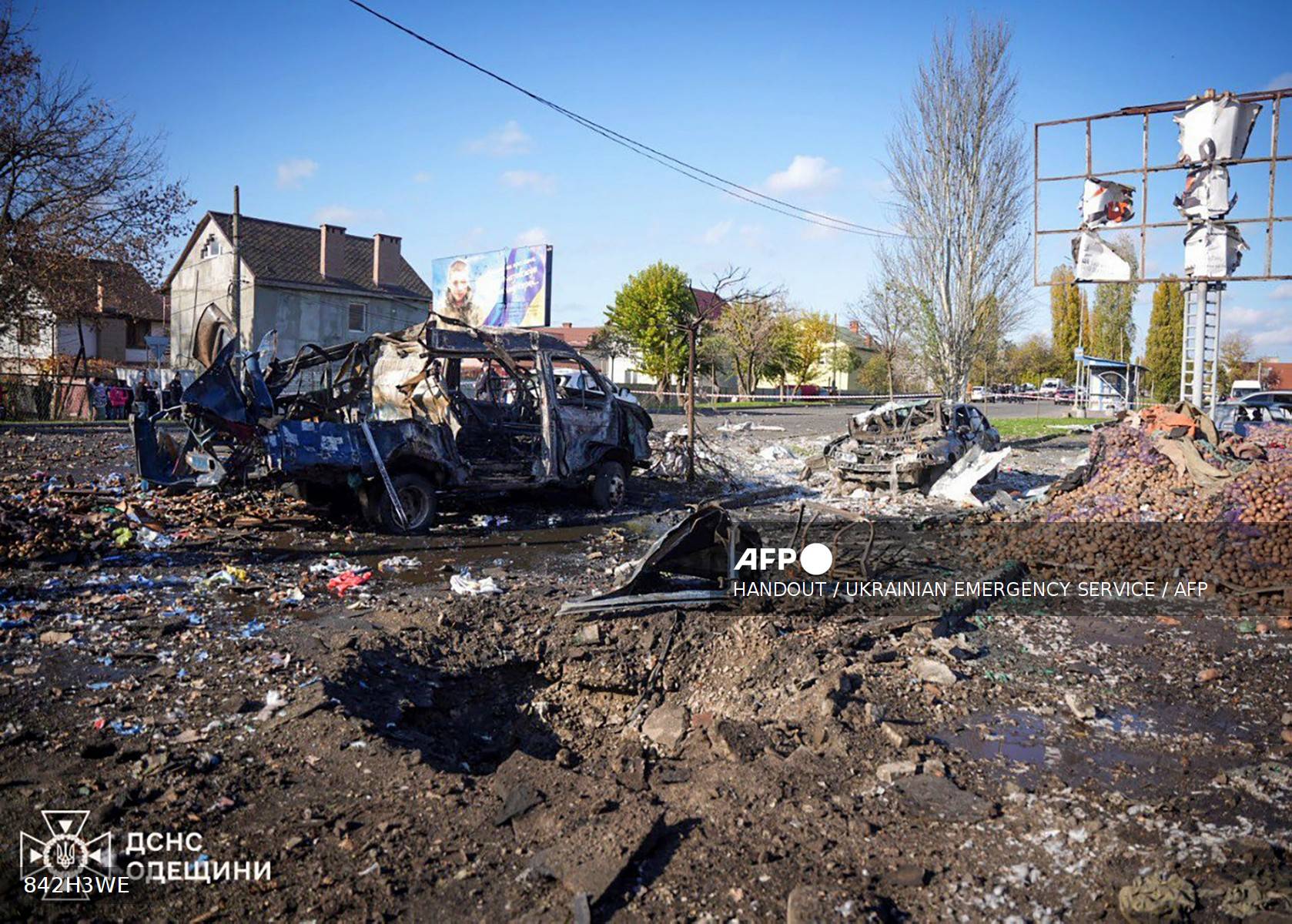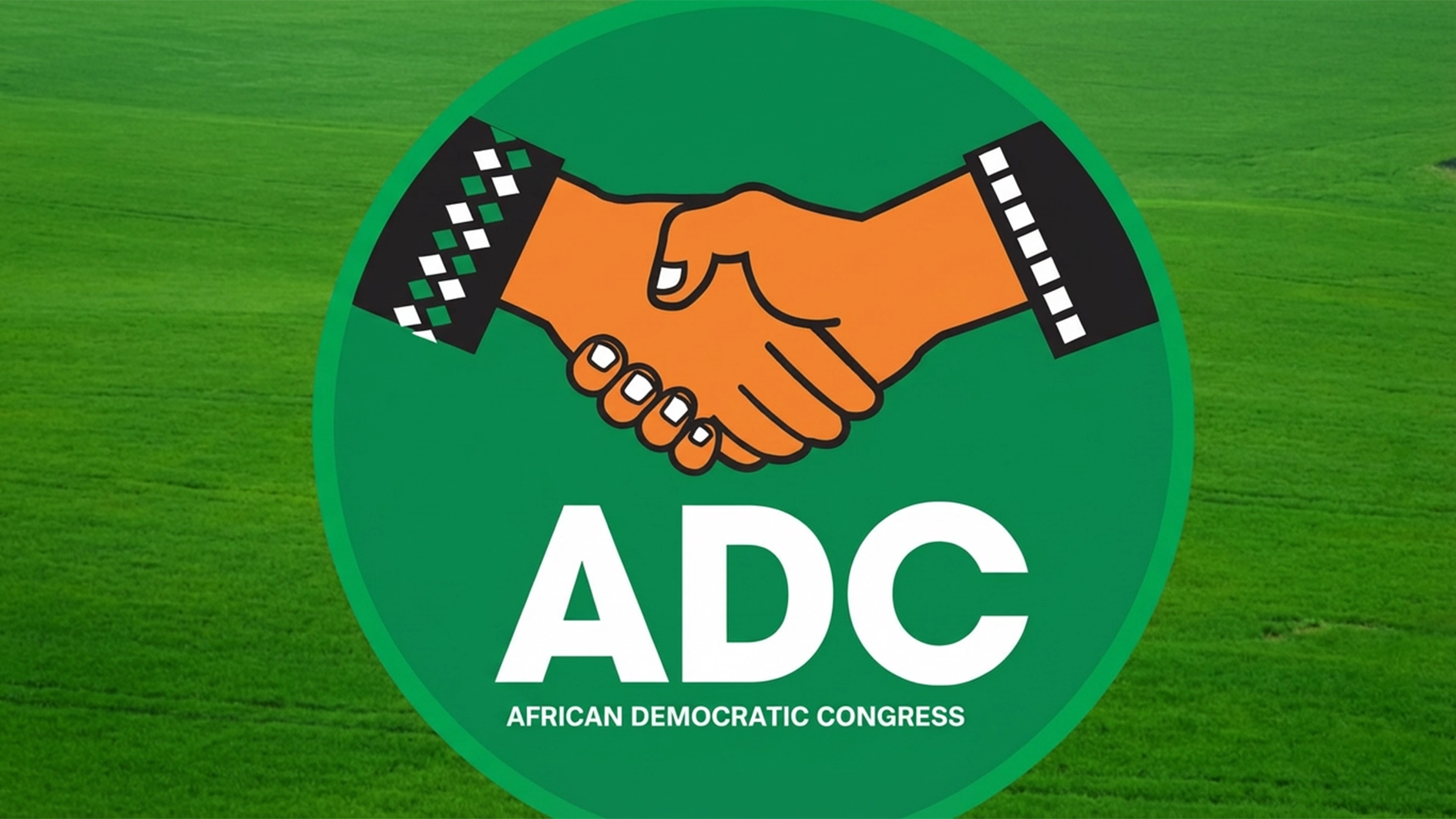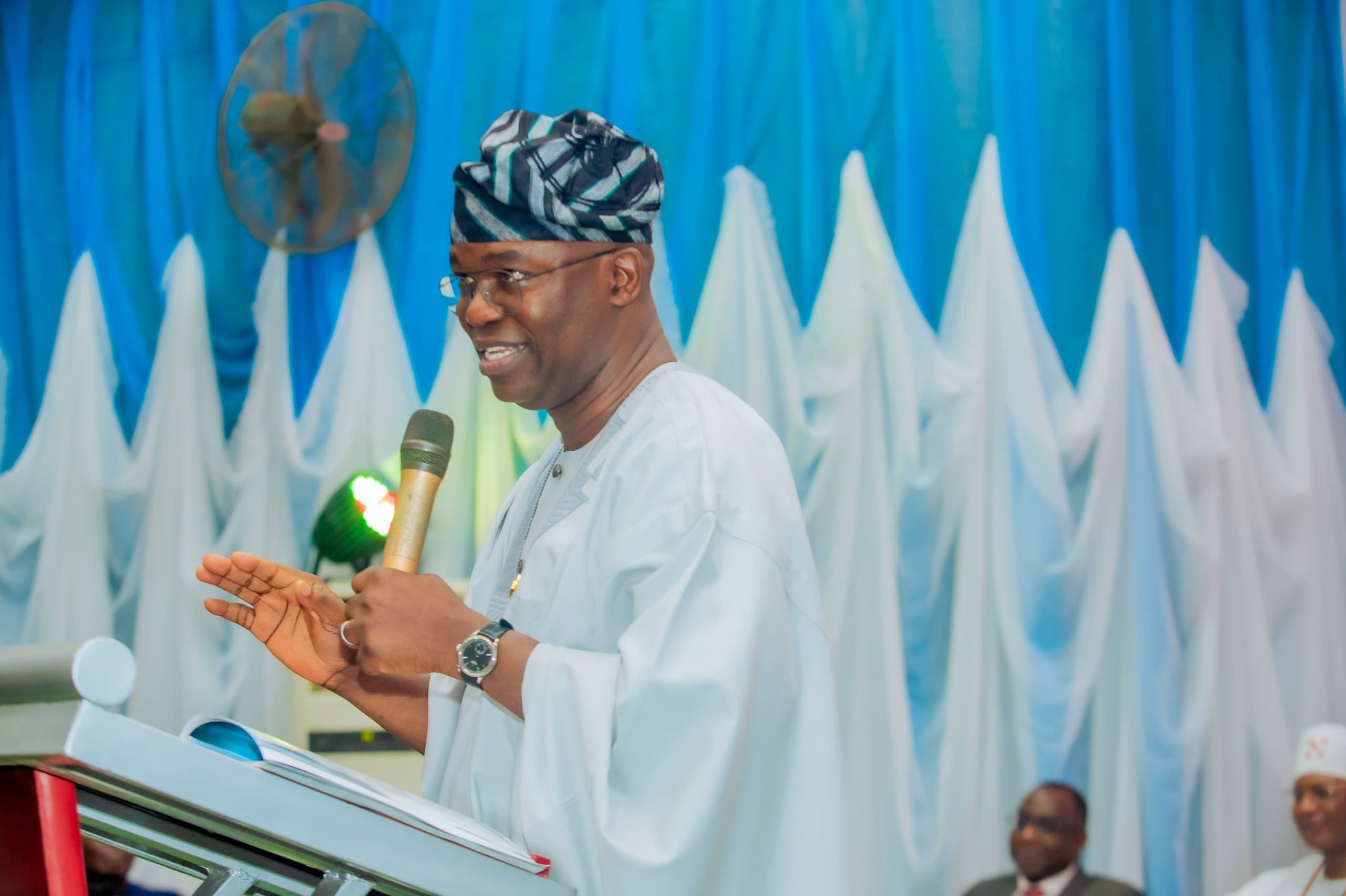![]() With protests taking place in at least one in three Nigerian states, it is hard to imagine a less appropriate slogan for our nation at this moment than the one President Buhari unveiled less than a month ago to mark the 60th anniversary of independence.
With protests taking place in at least one in three Nigerian states, it is hard to imagine a less appropriate slogan for our nation at this moment than the one President Buhari unveiled less than a month ago to mark the 60th anniversary of independence.
Nobody can say for certain what will change as a result of the #EndSARS protests, but what we know for certain is that Nigerians of all backgrounds, beliefs and ages will have to reunite. Together we must be.
But the social media misinformation which has defined so much of these protests will only make things harder.
A perfect example of this is a video circulating widely of presidential spokesperson Femi Adesina apparently dismissing the protests as “child’s play”.
But the video is old and has nothing to do with the recent protests. It has been edited out of context and circulated with the words “if you are not angry enough, I hope this will help”.
Anger is one of the things Nigerians currently have more than enough of. We do not need any more. It is clear that peaceful protestors have suffered enough real-life indignities, insults and injuries. Inventing new ones only undermines their own credibility.
Similarly suspect social media information has been spread the other way, with semi-official sources and their surrogates seeming to spread untruths undermining and slandering peaceful protests against police violence and poor governance we all know continues to blight our nation. Telling us to ignore what is in front of our eyes only undermines their own credibility.
These and future protests will only end when officials and public, electors and elected, come together and work together to design and deliver a new Nigeria.
Mr Adesina himself has released a statement saying that the misleading video has led to him being “bombarded…. with curses, expletives, and messages from the pit of hell”.
We cannot allow social media to irrecoverably define relationships between the state and the public as antagonistic.
Recent days have brought home to us the tragic cost of the total breakdown in trust between the public and political class in Nigeria causing relationships between the government and the governed to become grounded in mistrust and resentment, as we witness the widespread looting of government storage warehouses containing Covid-19 aid.
Protestors have claimed that the supplies were being hidden and hoarded by officials for their own use.
State governors have stated that the supplies were being held in reserve in preparation for a possible second wave of Covid-19 infections.
Maybe this was yet another example of public officials serving no-one but themselves. Maybe it was an eminently sensible action of a governors planning ahead to meet the challenges of an uncertain future.
But in a climate of mistrust and misinformation, a lack of communication and a lack of transparency, the only outcome is yet more unrest.
What is not up for debate is that official Nigerian government figures show that more than half the population had to take out loans to pay for food during the first Covid-19 lockdown.
We can only solve problems like this if we trust each other and work together.
We can only build trust if people get their information from reputable, authoritative and credible sources – not from retweets and reposts designed to mislead and divide.
At the digital democracy campaign I lead we believe new online platforms are needed to bring politicians and the people they serve together. That is why we have created a free mobile app called Rate Your Leader.
The Rate Your Leader app allows registered voters to directly contact local leaders person to person from their mobile phones, with our technology ensuring that that all communication is courteous, civil and free from abuse.
Using Rate Your Leader local people can ask straight questions to local leaders and expect straight answers in return. If they feel the responses they receive are misleading or biased, they can rate the responders appropriately for their neighbours to see.
The app also allows local leaders to identify and address the issues which matter most to the people who elect them, building their profile, reputation and trust.
Together we can be. We have much more in common than we sometimes believe. We must not let falsehood divide us nor hostility to define us.
Social media is the key to defeating this, but right now it is dividing us.
Joel Popoola is a Nigerian tech entrepreneur, digital democracy campaigner and creator of the Rate Your Leader app. You can reach Joel on Twitter via @JOPopoola






